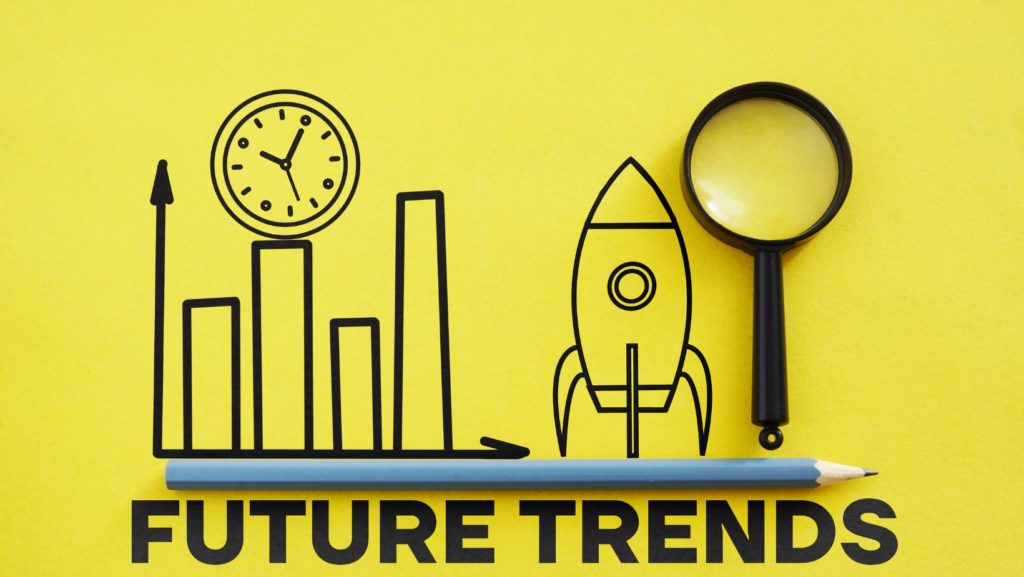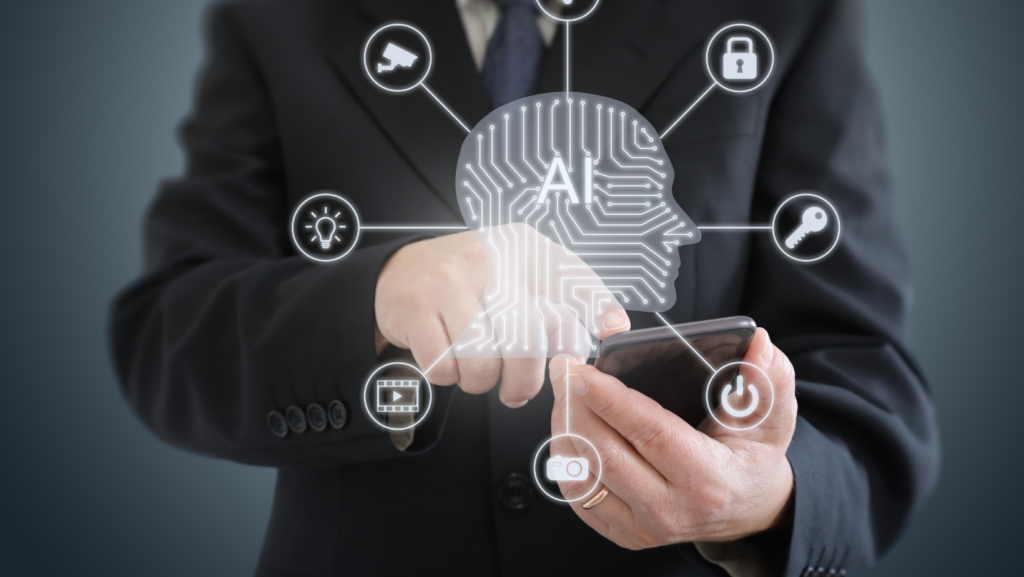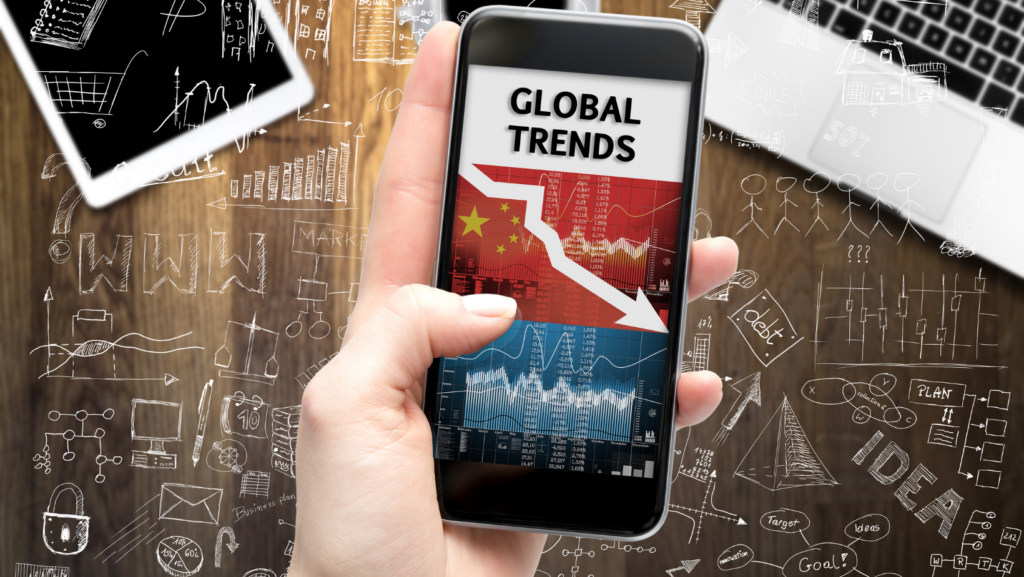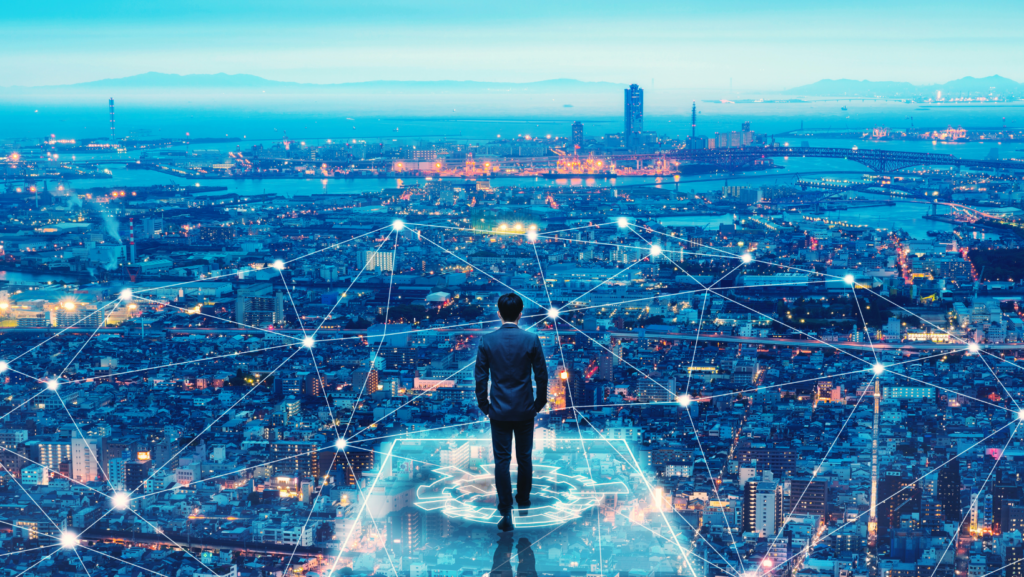
In the ever-evolving world of technology, staying ahead of the curve isn’t just beneficial—it’s essential. This article peels back the curtain on emerging tech trends that promise to redefine the way we live, work, and play. From artificial intelligence to quantum computing, we’ll delve into the heart of tomorrow’s tech.
Innovation doesn’t wait for anyone. It’s a relentless, driving force that transforms industries and lives in the blink of an eye. We’re here to help you navigate this fast-paced landscape, spotlighting the trends you can’t afford to ignore. Buckle up and get ready to journey into the future technology trends.
Future Technology Trends
Key Drivers of Change

Delving into the factors propelling technological advancements, economic needs hold the top spot. Emerging digital economies rest on the agility of businesses to adapt to new technologies. Examples include tech startups embracing blockchain and AI, becoming accelerators for innovation. Another core driver is sociopolitical transformations. An instance is nations aspiring for digital sovereignty, investing heavily in future tech like quantum computing to reinforce national security.
In the rapidly advancing tech space, several nascent domains show promise for tremendous growth. First, AI and Machine Learning continue their upward trajectory, with specialized offshoots like Robotic Process Automation (RPA) gaining traction. Second, Blockchain technology extends beyond the realm of cryptocurrencies, finding applications in sectors like supply chain, healthcare and digital identity verification. In addition, Quantum Computing, although in its infancy, exhibits potential to revolutionize computations, particularly in areas like cryptography and material science.
Impact of Future Technology Trends on Everyday Life
Smart Homes and IoT
IoT plays a prominent role in the emergence of smart homes. Turning conventional homes into ones that are interconnected, IoT empowers residents with the ability, for example, to regulate temperatures remotely, automate lights based upon occupancy, or maybe even eliminate grocery shopping by embedding refrigerators with AI that can place orders when supplies run low. The optimization of home appliances with IoT not only simplifies tasks but constitutes an energy-efficient mode of living, aiding in the pursuit of environmental sustainability.
Healthcare Innovations

Technology isn’t confined to just transforming living spaces, it’s altering the healthcare landscape as well. Innovations driven by AI and Machine Learning have led to tools capable of early disease prediction, allowing timely intervention.
The advent of blockchain technology bolsters patient data security, creating a safer environment for information exchange. Moreover, Quantum Computing, still in its nascent stage of development, subjects potential drug compounds to quantum simulations producing insights more accurately and promptly than traditional models – a development that could catalyze new drug discoveries.
Ethical Considerations and Challenges
Data Privacy Issues
Data privacy has leaped to the forefront of ethical concerns, with startling advancements in AI, machine learning, and blockchain technologies. Consumers willingly share vast amounts of personal information, yet they often remain unaware of the extent and depth of data collection processes. For example, AI algorithms learn by crunching massive volumes of aggregated data, presenting significant challenges for user confidentiality and privacy protection. Extended to fields such as healthcare, where patient information sensitivity benefits from HIPAA regulation, it’s evident that the data privacy landscape is complex and fraught with potential risks.
The Impact on Employment

The extraordinary expansion of automation and AI integration, particularly in businesses, brings about a significant ethical consideration – the impact on the job market. Take, for instance, the case of robotic process automation (RPA)-led changes in various sectors like manufacturing and service industry.
It’s evident that technological advancements can lead to job displacement, necessitating the thoughtful planning of a transition blueprint for affected employees. Skill redevelopment initiatives or alternate job creation, on the one hand, can mitigate the impacts of this transition. But on balance, it’s a social and ethical challenge that demands steadfast attention from corporations, labor unions, and government institutions alike.
Artificial Intelligence to Quantum Computing
Staying ahead of the tech curve is no longer an option, it’s a necessity. With AI, Quantum Computing, and Blockchain leading the charge, they’re reshaping our lives and businesses, from smart homes to healthcare advancements and new business models. But it’s not just about embracing these innovations. It’s about finding the balance between advancement and ethical considerations, especially when it comes to data privacy and job market impact.


